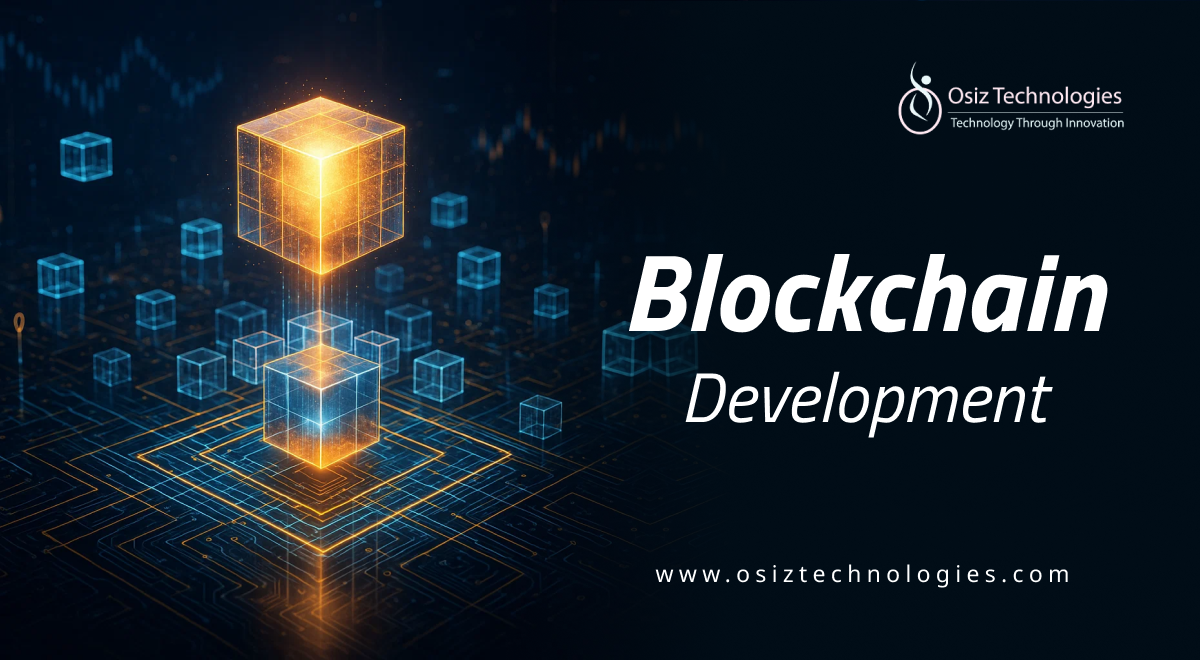In the rapidly evolving world of cryptocurrency, understanding blockchain wallets is essential for anyone looking to engage in digital asset management. This comprehensive guide explores the various types of wallets, their security features, and how to choose the right one for your needs. From hot wallets to cold wallets, custodial to non-custodial solutions, we’ll break down everything you need to know about securing your crypto assets.
What is a Blockchain Wallet?
A blockchain wallet is a digital tool that allows users to store and manage their cryptocurrencies. Unlike traditional wallets, blockchain wallets do not hold physical currency but instead store the cryptographic keys necessary to access your cryptocurrency on the blockchain. This means that your assets are not stored in the wallet itself but are linked to your public and private keys.
Types of Blockchain Wallets
Blockchain wallets can be categorized into two main types: hot wallets and cold wallets. Understanding the differences between these two types is crucial for effective crypto asset management.
Hot Wallets
Hot wallets are connected to the internet, making them convenient for daily transactions. They are typically used for smaller amounts of cryptocurrency that you might need for regular use.
Examples of hot wallets include:
Mobile crypto wallets: Apps on your smartphone that allow you to send and receive cryptocurrencies on the go.
Desktop wallets: Software installed on your computer, providing easy access to your crypto assets.
Browser extension wallets: Add-ons for web browsers that facilitate quick transactions while browsing.
Cold Wallets
Cold wallets, on the other hand, are offline storage solutions that provide enhanced security for your cryptocurrencies. They are ideal for long-term storage of significant amounts of crypto.
Types of cold wallets include:
Hardware wallets: Physical devices that store your private keys offline, such as Ledger or Trezor.
Paper wallets: A physical printout of your public and private keys, which you can store securely.
Custodial vs. Non-Custodial Wallets
When selecting a wallet, you’ll encounter custodial and non-custodial options. Understanding the difference is vital for your security and control over your assets.
Custodial Wallets
Custodial wallets are managed by third-party services, meaning they hold your private keys on your behalf. While this can simplify access and management, it also introduces risks, as you are trusting a third party with your assets.
Non-Custodial Wallets
Non-custodial wallets allow users to have full control over their private keys. This means you are solely responsible for the security of your funds, which can be more secure but requires a greater understanding of wallet management.
Crypto Wallet Security
- Security is paramount in the world of cryptocurrency. Here are some essential tips to ensure your crypto wallet remains secure:
- Enable two-factor authentication (2FA) for added protection.
- Regularly update your wallet software to patch any vulnerabilities.
- Use strong, unique passwords and consider a password manager.
- Be cautious of phishing attempts and only access your wallet from secure devices.
Wallet Backup Solutions
- Backing up your wallet is crucial to prevent loss of access to your funds. Here are some effective backup solutions:
- Write down your recovery phrase and store it in a secure location.
- Use encrypted USB drives to save wallet data.
- Consider using cloud storage with strong encryption for additional redundancy.
Choosing the Right Wallet for DeFi
- Decentralized Finance (DeFi) has gained immense popularity, and selecting the right wallet for DeFi interactions is crucial. Look for wallets that:
- Support a wide range of assets.
- Integrate seamlessly with DeFi applications.
- Offer robust security features.
Top Bitcoin Wallets
When it comes to Bitcoin, several wallets stand out for their features and security:
Ledger Nano X: A hardware wallet known for its strong security and Bluetooth capability.
Exodus: A user-friendly software wallet that supports multiple assets.
MetaMask: A popular browser extension wallet for Ethereum and ERC-20 tokens.
Multi-Asset Crypto Wallets
If you’re dealing with various cryptocurrencies, consider a multi-asset wallet. These wallets allow you to manage different types of assets in one place, simplifying your crypto management.
Mobile Crypto Wallets
Mobile wallets offer convenience for users who prefer managing their assets on the go. They are typically user-friendly and can be easily downloaded from app stores. However, always ensure you download from reputable sources to avoid security risks.
Conclusion
Understanding blockchain wallets is essential for anyone involved in cryptocurrency. By choosing the right type of wallet and implementing robust security measures, you can confidently manage your digital assets. For more information on blockchain technology and wallet solutions, connect with us at Osiz Technologies, a leading blockchain development company. We provide end-to-end wallet development services tailored to diverse business needs. Our expertise spans secure storage, seamless transactions, and multi-chain integration. Partner with us to build scalable, future-ready blockchain solutions.
Listen To The Article









